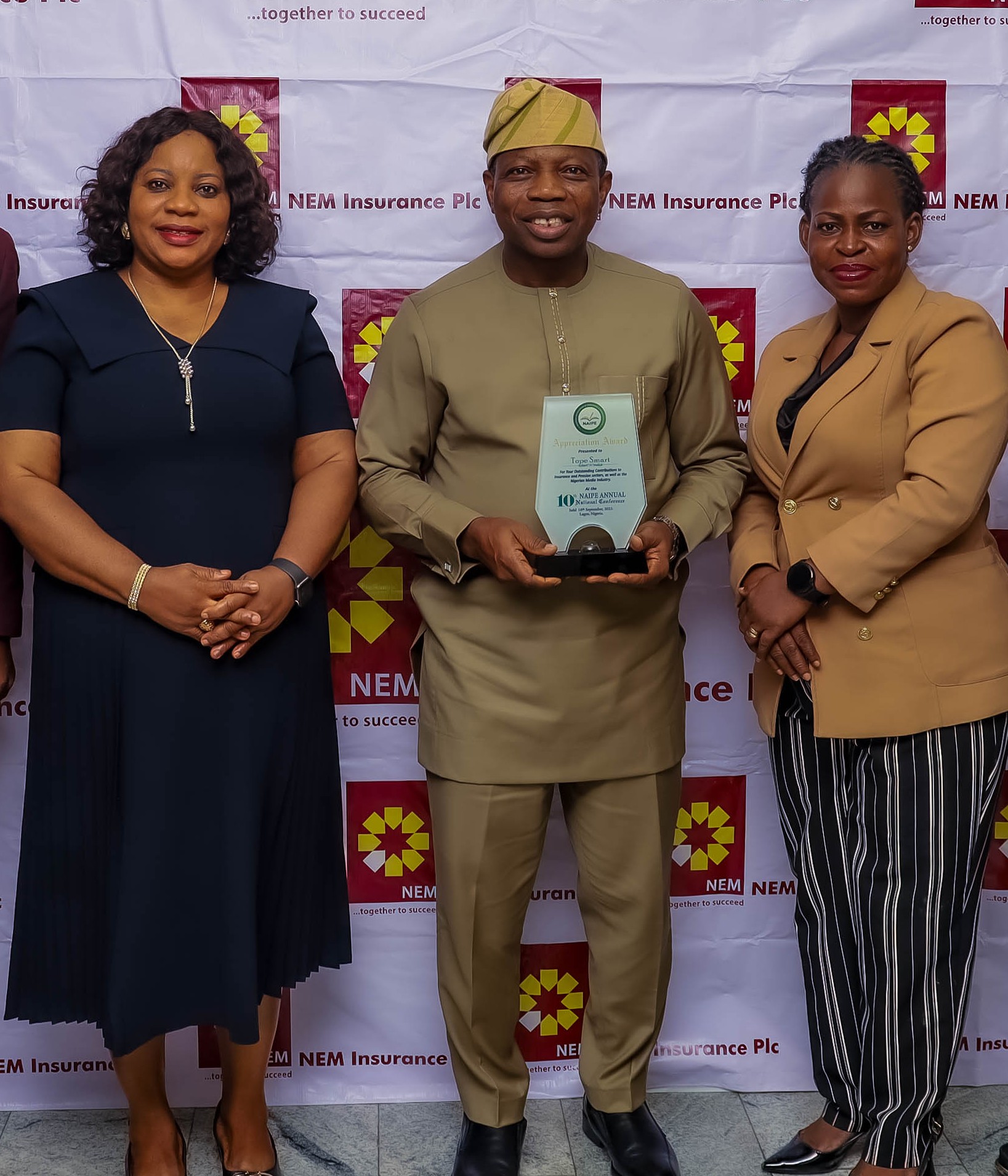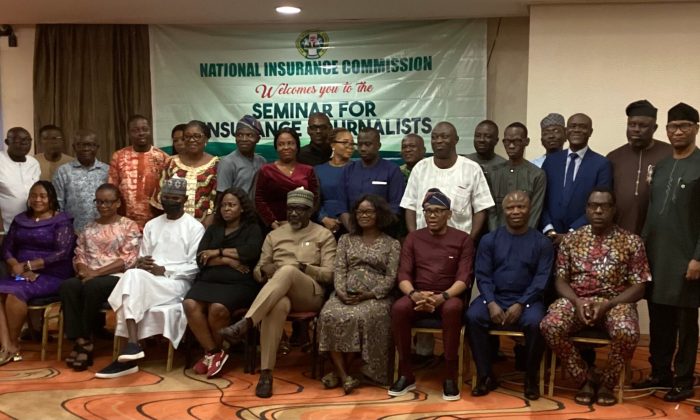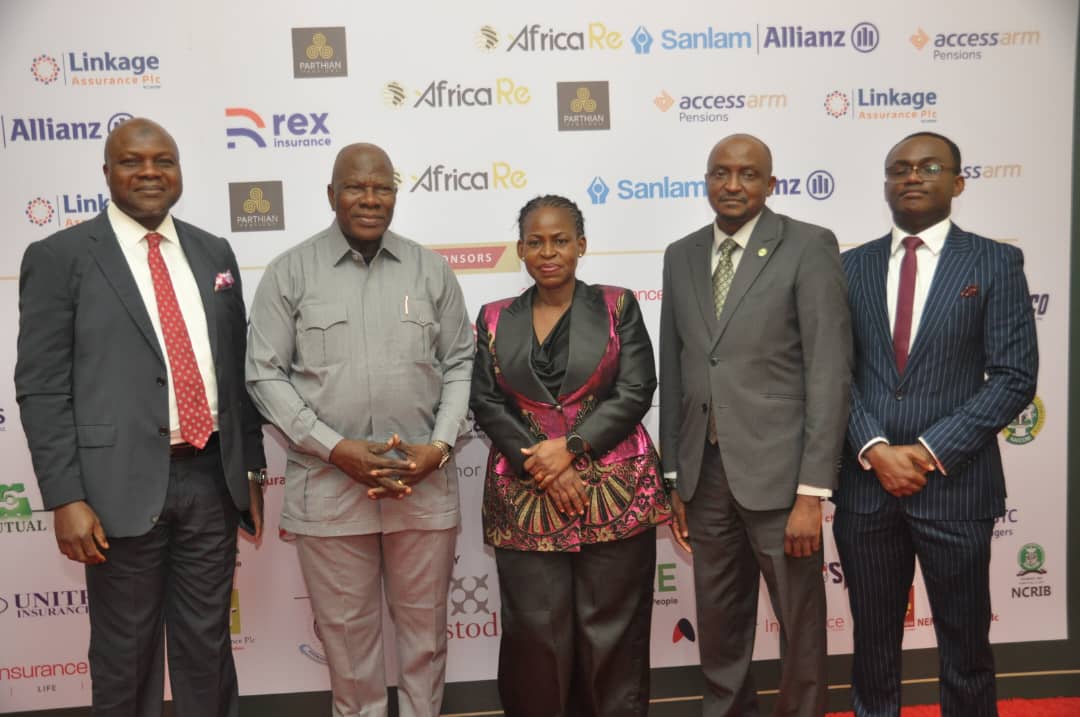Nigeria Governors’ Forum (NGF), Conference of Speakers of State Legislature and other stakeholders have reached an agreement on the implementation of the financial autonomy for state legislature and judiciary.
The chairman of the Nigeria Governors’ Forum, Gov. Kayode Fayemi of Ekiti State made this known to State House correspondents at the end of a meeting in Abuja on Monday.
The meeting was presided over by the Chief of Staff to the President, Prof. Ibrahim Gambari.
He said: “We are here for legislative and judicial autonomy and governors, speakers of state Assemblies and the judges of the states are on the same page as far as this issue is concerned.
“We just emerged from a meeting with the Solicitor General of the Federation, the representatives of the judiciary and those of the Conference of Speakers and we are all in force, an agreement has been reached.
“The issue is about implementation. There has been no objection from governors on judicial and legislative autonomy.
“As a matter of fact, it would not have passed if governors were not in support in the first instance. So, that issue has been fully and holistically addressed,” he said.
Fayemi maintained that modalities were being fine-tuned and the implementation of the agreement would begin in May.
He said: “We don’t just want to agree to something on paper without working out the modalities for implementation.
“Thankfully, the meeting we just emerged from with the Chief of Staff to the President chairing, has worked out the modalities, to the satisfaction of all the parties.
“As soon as the final document that is being cleaned up emerges, it will be implemented as soon as possible and that will be definitely not later than the end of May.”
He, therefore, called on striking judiciary workers to call off and resume work in the interest of the nation.
“In the interest of the nation, we believe that the striking workers should return to their offices because as far as this has gone, we have met with all the parties concerned and the president, through his Chief of Staff, has been monitoring what has been happening.
“And I think we are reasonably at a position where whether you speak to the Conference of Speakers chairperson, or you speak to me, or you speak to the representative of the judiciary or the Solicitor General of the Federation, you will hear that we are speaking with one voice on the implementation.
“And no later than May, you will start seeing the implementation of the agreement that we have reached,” he said.
Those who attended the meeting included Governors Bagudu Atiku of Kebbi, Aminu Tambuwal of Sokoto and Simon Lalong of Plateau,
Others were the Solicitor General of the Federation, Dayo Akpata, as well as the leadership of the Conference of Speakers of States Legislature and that of states judiciary.
Earlier, the Senate on Monday said that the independence of the judiciary was non-negotiable.
Sen. Opeyemi Bamidele, Chairman, Senate Committee on Judiciary, Human Rights and Legal Matters, said this while reacting to the protest by members of the Nigerian Bar Association (NBA) at the National Assembly, Abuja, in solidarity with striking Judiciary Staff Union of Nigeria (JUSUN) protesting financial autonomy.
JUSUN began a nationwide indefinite strike on Monday, April 6 over the non-implementation of judicial financial autonomy as enshrined in the constitution.
President Muhammadu Buhari had signed an Executive Order granting financial autonomy to the judiciary and State House of Assembly in May 2020, after several agitations.
However, the gazetting of the order was suspended after Buhari met with governors, who later expressed concern over its constitutionality.
Reacting to the development, Bamidele who said that the independence of the judiciary was non-negotiable added that no democracy could survive without rule of law and independence of the judiciary.
“For me as a Nigerian, it is laughable that we still need at this point, to be grappling with the need to grant judiciary independence at whatever level be it at the federal, state and local government level.
“Our laws are very clear on this,” he said.
He said that the National Assembly had guaranteed the independence of the judiciary at the federal level calling on state Houses of Assembly to do same.
“For the National Assembly, we have done the needful by making necessary laws that can guarantee independence of the judiciary at the federal level. So for us, it is not an issue because we have done the needful.”




